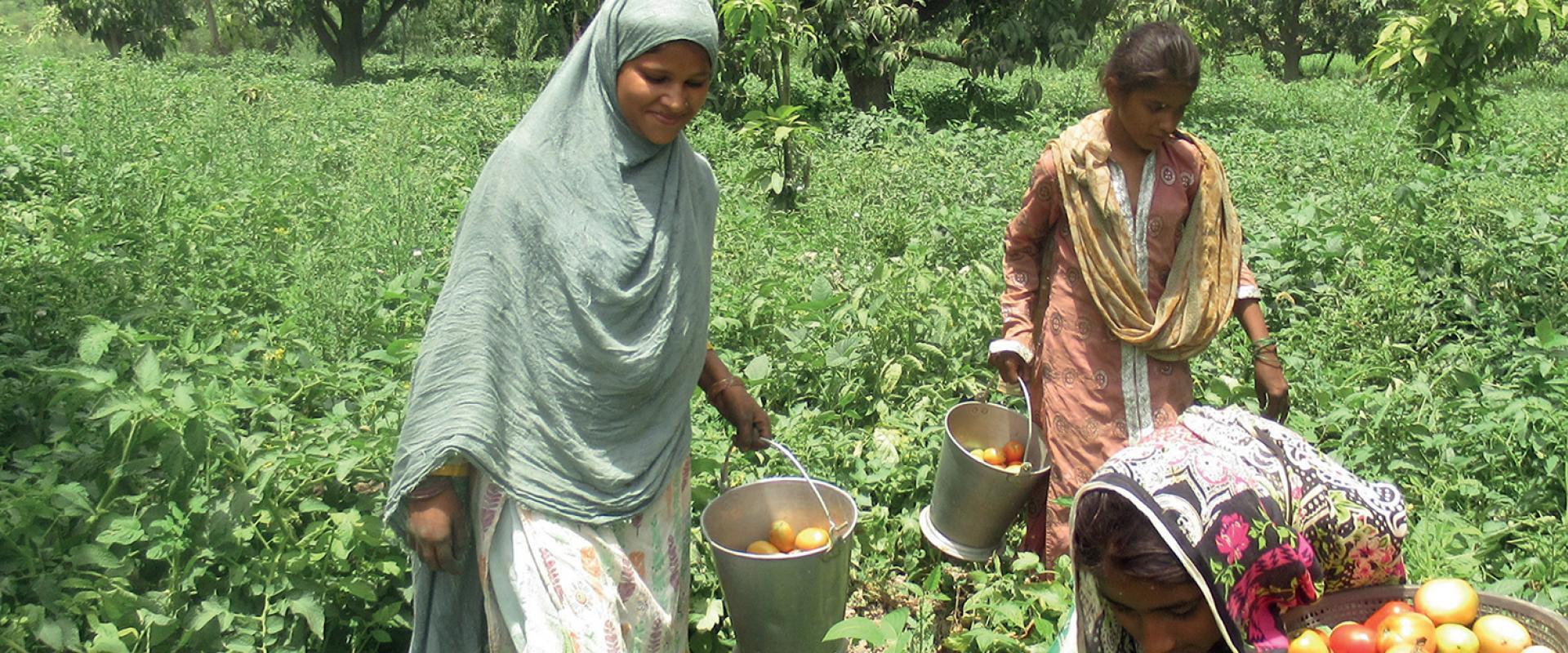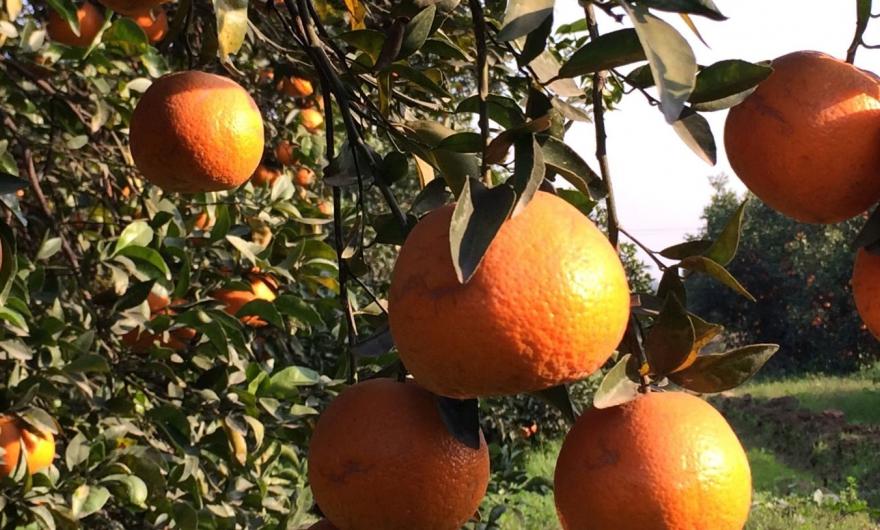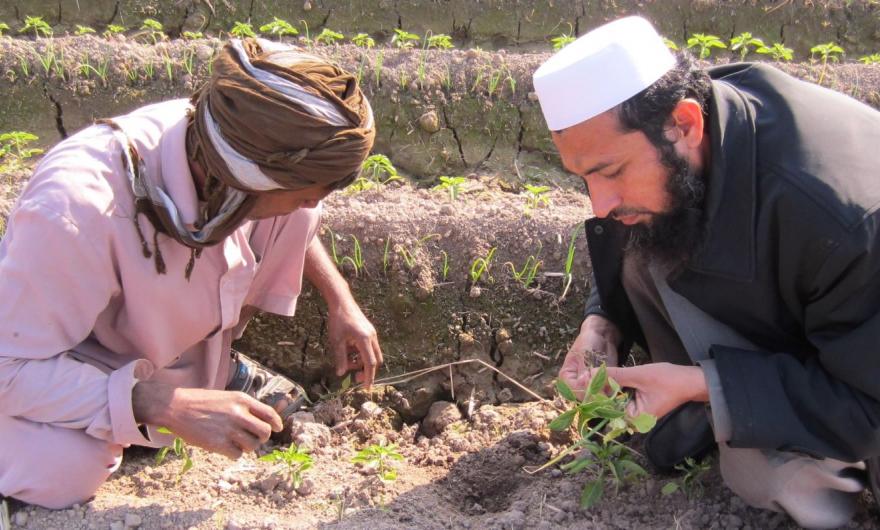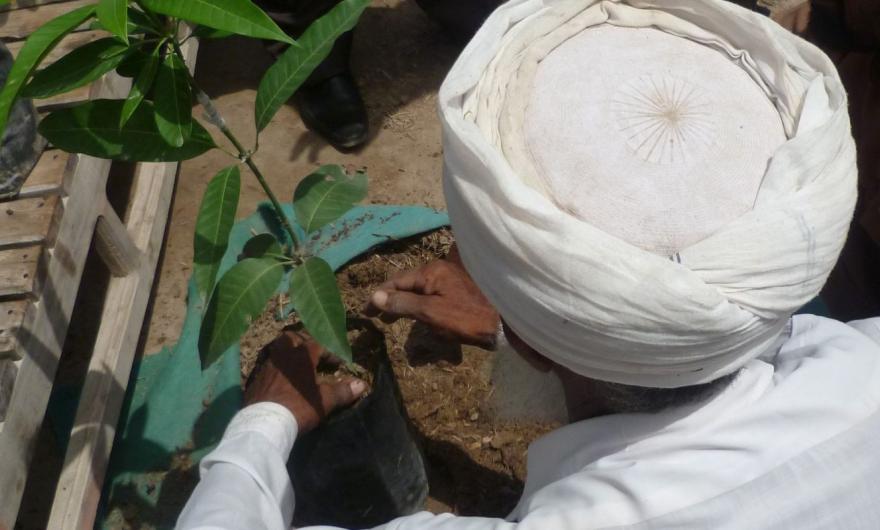
Horticulture is vitally important to Pakistan because it enriches diets and it can also increase smallholder incomes. Eating a variety of fruits and vegetables provides micronutrients, fiber, vitamins and minerals. Yet millions of poor households go without and as a result suffer debilitating nutrient-related disorders. It is widely recognised that Pakistan’s food system must change—to nourish people, not merely feed them. Horticulture has a key role to play in diets as well as in the rural economy, as a catalyst for agricultural and economic diversification.
Horticultural crops produce more value per unit of land than cropping and their intensive nature creates on- and off-farm employment opportunities. This opens a road out of rural poverty for communities comprising small landholders or tenants. However, investment in inputs may be higher and the road to success is paved with technical and commercial challenges. Small producers may be ill-equipped to apply the production and postharvest practices needed to meet consumer needs and respond to market dynamics. Governments in Pakistan want to help engage farmers with value chains to reward farmers equitably for their efforts and risks. ACIAR has responded with a series of value chain-focused horticulture projects described below.




